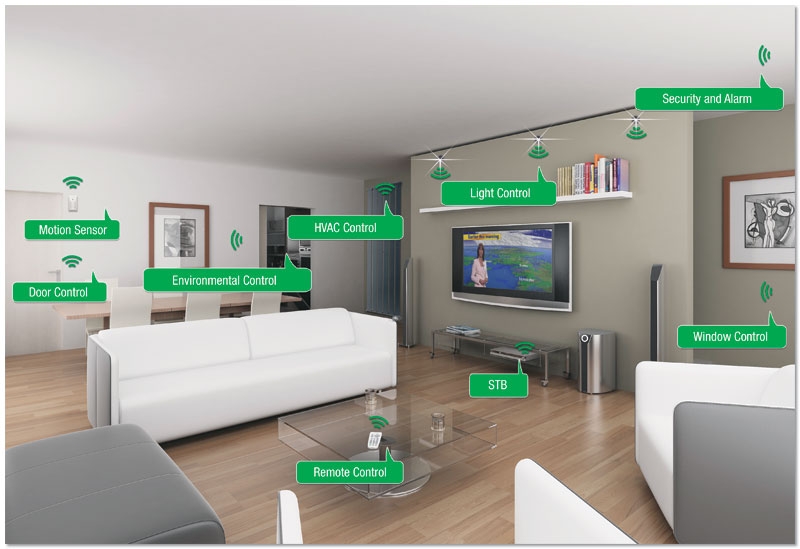
Big Data and Big Bandwidth: A Match Made in ‘Big’ Heaven
July 9, 2014Why the United States Doesn’t Worry about International Laws
July 14, 2014Can’t we all just get along? Yes, we can, actually…
Ahh, the good ol’ “Internet of Things”–the eventual gateway to your home being totally connected and a way for your toaster to talk to your garage door or whatever. In a brilliant piece of foresight, a group headed by Samsung, Dell, and Intel will be attempting to make it easier for your connected home to be connected by a standard set of technologies that allow different products from different manufacturers to work in harmony.
The problem with the Internet of Things
As we’ve previously mentioned in other pieces about the Internet of Things, one of the biggest problems is getting hacked. Trust us, all of your stuff will get hacked in the Internet of Things (they can’t secure credit cards, and you think they can secure refrigerators?).
But alas, as with any new technologies, another problem has risen: compatibility.

That’s where the group known as the Open Interconnect Consortium comes in. It’s a group headed by Samsung, Dell, and Intel (among others) that will provide standards that will allow products made by different manufacturers to work together. It’s harmonious and beautiful and we should all use it as an example for our everyday lives.
No, seriously. People working for a common goal towards the betterment of society is an amazing thing (but don’t tell that to Congress).
I mean, sure it’s working in harmony so that your shower can “talk” with your TV to let it know when you’re almost out of the shower so it can start your favorite Netflix show while you towel off, but whatever. You gotta start somewhere before you solve world hunger, right?
The Open Interconnect Consortium isn’t the first to do this either—the AllSeen Alliance (where do they get these names?) is headed by Microsoft and Cisco and uses Qualcomm technologies in their quest for open-source connectedness.
The way for the Internet of Things to work—and work efficiently–is exactly what these alliances and consortiums are aiming for. Having an Apple-esque “walled garden” doesn’t do anyone any good in a connected home. I love the iPad, but I have a Samsung phone. GE makes great microwaves but their TVs are terrible. Just because one company makes one great product doesn’t mean that you have to buy in to their entire ecosystem, and it’s great that companies are starting to realize this for the greater good. These products don’t have to talk to each other directly, but as long as everyone agrees on a certain platform for developing the products, then that’s fine too. It’s like using a translator when you go abroad.
Everyone can still get a slice of the Internet-of-Things-pie and consumers can get the best options for their hard-earned dollar. Everyone wins, yo.
